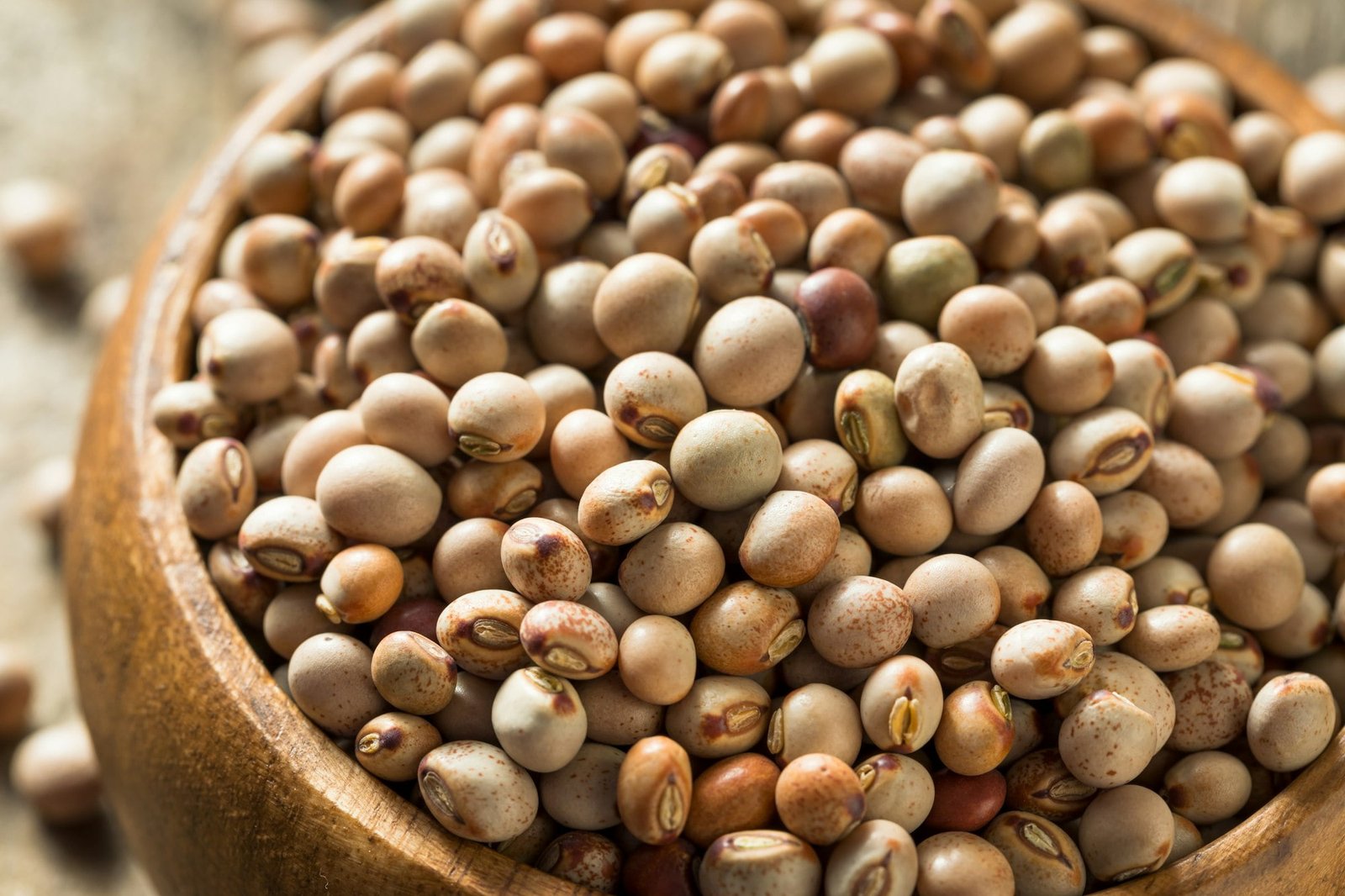Description
Pigeon Pea
A type of legume widely cultivated in tropical and subtropical regions. They are known for their nutritional value, versatility, and various health benefits. Here’s a detailed look at pigeon peas, including their benefits:
Nutritional Profile
Pigeon peas are rich in several important nutrients:
- Protein: They are an excellent plant-based protein source, making them valuable for vegetarians and vegans.
- Fiber: High in dietary fiber, which aids in digestion and helps maintain a healthy gut.
- Vitamins: They contain B-vitamins like folate, which is crucial for cell division and overall health.
- Minerals: Rich in iron, magnesium, potassium, and phosphorus, essential for various bodily functions.
- Antioxidants: They contain compounds like flavonoids and polyphenols that help combat oxidative stress.
Health Benefits
- Digestive Health: The high fiber content helps prevent constipation and promotes a healthy digestive system.
- Heart Health: Pigeon peas can help lower cholesterol levels and improve heart health due to their fiber and antioxidant content.
- Blood Sugar Management: They have a low glycemic index and may help in stabilizing blood sugar levels, making them a good option for diabetics.
- Bone Health: The presence of minerals like calcium, magnesium, and phosphorus supports bone health and can help in preventing osteoporosis.
- Weight Management: High in protein and fiber, they can help you feel full longer, which can aid in weight management.
- Immune Support: Rich in vitamins and minerals that contribute to a strong immune system.
- Energy Levels: The complex carbohydrates and protein provide sustained energy and help in muscle repair and growth.
Culinary Uses
Pigeon peas are quite versatile in the kitchen:
- Curries and Stews: Often used in Caribbean, Indian, and African cuisines.
- Soups: Commonly added to soups for added texture and nutrition.
- Salads: Can be used in salads, providing a hearty and nutritious component.
- Rice Dishes: Frequently combined with rice, as in the popular dish “rice and peas” from the Caribbean.
Growing Pigeon Peas
Pigeon peas are hardy plants that thrive in well-drained soils and are relatively drought-tolerant. They are typically grown in tropical climates and can be cultivated as a perennial or annual crop, depending on the region.
Considerations
- Preparation: Like other legumes, pigeon peas should be cooked before consumption to improve digestibility and nutrient absorption.
- Allergies: While rare, some individuals may have allergies to legumes, including pigeon peas.







